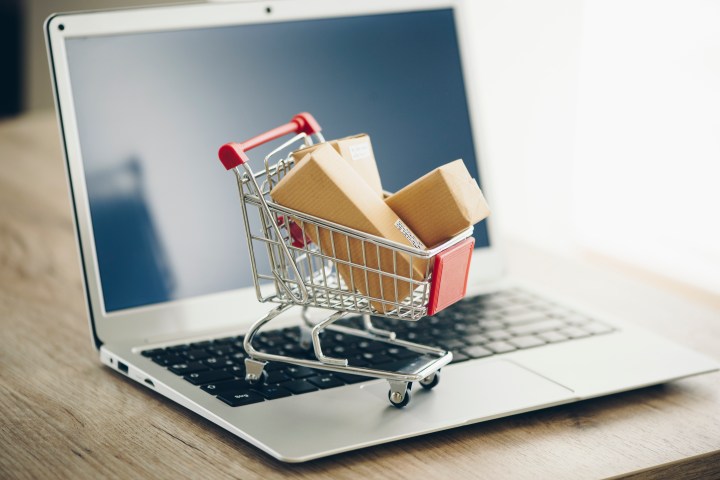
What’s in Britain’s pandemic-adjusted inflation basket?

A year into the COVID-19 pandemic, many statisticians are recalibrating the algorithms that measure how healthy our economies are and whether some benchmarks are still fit for purpose.
Like millions of other people, I picked up a new exercise habit during the pandemic. The only problem is, I was pretty late to the game. When I realized a month ago I wanted to start pumping some iron, the equipment I needed was sold out almost everywhere.

Neil Jordan, founder of Jordan Fitness, a global gym-equipment supplier, said many people are still facing the same predicament.
“Dumbbells, kettle bells, Olympic weights, bars, studio barbell sets … they just absolutely took off. Home sales went from possibly 10% of our total sales to being around 100%,” he said.
“We had multiple containers arriving to the headquarters in the U.K. every day, and they were already pre-sold. It was incredible. We’re generally buying five, six months in advance,” Jordan said.
A shortage of exercise equipment is just one example of the sizeable shifts in consumer behavior due to pandemic lockdowns. Rather than spending cash on gym memberships, many people set up home gyms. They ditched dress clothes and nights out on the town in favor of sweatpants and meal-kit deliveries.
But, even as countries ease out of lockdown, economists like Mike Hardie at Britain’s Office for National Statistics, or ONS, think some spending shifts will linger. Like the U.S. Bureau of Labor Statistics, the ONS uses a so-called shopping basket to measure changes in consumer prices or inflation.

The ONS uses a range of expenditure data to build up a picture of what U.K. consumers are spending their money on. Inside its basket are 700 goods people are most likely to buy in a given week — and the contents are updated annually. An item’s longevity is the most important quality when determining what to add or subtract from the basket each year.
So this year commercial carpeting, ground coffee and white chocolate are out.
And smart-home devices, hand sanitizer and, yes, free weights are in.
“Our thinking was that there’ll be a permanent change to the way we work. Many people will be working from home. But, for example, face masks — hopefully when we’re all vaccinated — they may not be mandatory to wear in shops going forward,” Hardie explained, adding it isn’t a quick or simple process.
“We brainstorm a list of items, and then we get our hands-on expenditure data for those items. It takes about six months to do this work, so fairly substantial.”

So if what governments use to calculate inflation has changed substantially because of the pandemic, should other economic indicators get a makeover, too?
Mike Haynes, professor of international political economics at the University of Wolverhampton in England, has one idea:
“The standard way of measuring the health of the economy basically since the World War II has been to look at gross domestic product, or national output. And there’s always been criticism of that,” he said.
“There are some really mind-bending questions that we need to get our heads around in terms of the old way of thinking of how we measure an economy and whether it’s growing or not: We are working at home and not commuting. If we’re not commuting, then technically, output is going to fall. But maybe not commuting is a good thing, and therefore, we need to measure it more positively,” Haynes said.

Like everyone else, I’ve been working from home more often. But as we’ve discovered, that doesn’t mean we’re taking money out of the economy.
And for businesses like Jordan Fitness, it’s all about adaptability. Neil Jordan expects he’ll still supply public gyms with equipment, but that a bigger portion of his earnings will come from supplying those of us working out at home post-pandemic.
There’s a lot happening in the world. Through it all, Marketplace is here for you.
You rely on Marketplace to break down the world’s events and tell you how it affects you in a fact-based, approachable way. We rely on your financial support to keep making that possible.
Your donation today powers the independent journalism that you rely on. For just $5/month, you can help sustain Marketplace so we can keep reporting on the things that matter to you.

















